To actively address an aging population and promote the development of pension and elderly care industries, China has adopted a resolution to advance reform to gradually raise the retirement age in a prudent and orderly manner based on the principles of "voluntary participation with appropriate flexibility."
Experts reached by the Global Times said the decision, abolishing the one-size-fits-all approach, respects individual preferences and aligns objectively with today's increasingly diverse society. It also holds significant importance for the transformation of the labor market and addresses the country's structural unemployment, they said.
The provision was outlined in The Resolution of the Central Committee of the Communist Party of China (CPC) on Further Deepening Reform Comprehensively to Advance Chinese Modernization, which was adopted at the third plenary session of the 20th CPC Central Committee on Thursday and made public on Sunday.
Song Jian, a demographer from the Center for Population and Development Studies of the Renmin University of China, who has been following the issue of raising the retirement age for many years, thinks it is great progress to designate "voluntariness" and "flexibility" as principles for raising the retirement age for the first time.
Listing voluntariness as one of the principles shows full respect to the individual's will, highlighting the people-centered principle, Song told the Global Times on Monday, explaining that a one-size-fits-all policy will almost certainly harm the interests of some people.
According to Song, raising the retirement age is not something that everyone desires. Everyone's situation is different, whether it be one's occupation, personal health condition and family arrangement, such as taking care of grandchildren. Thus, continuing to working or focusing on time with the family can be better coordinated if this is voluntary.
As for the principle of flexibility, Song believes it reflects a more objective approach. People can have more freedom in making flexible adjustments according to their personal choices or according to requirements from different employers of varying sectors, more in line with the practical situations. Moreover, since today's society has been developing more diversely in terms of profession, personal value and choices, the principle of flexibility is better suited to this social form of variety.
China's current retirement system has set a relatively low retirement age, with female employees retiring at 50 or 55 and male employees at 60. Compared with other countries and regions, China has one of the lowest retirement ages in the world. The current retirement system is mandatory, meaning that when an employee reaches retirement age, they have to retire.
Many developed countries have adopted flexible retirement systems, focusing mainly on using economic means to create incentives and constraints to adjust retirement ages. After reaching the statutory retirement age, if an employee is healthy and willing to continue working, the employer cannot refuse. Additionally, for those who retire later, the government may even provide incentives such as pension benefits.
"One of the highlights in this resolution is that it has made the retirement age from policy-based to law-based. Following the third plenary session, China will work to establish a statutory retirement age based on the national average life expectancy and big data," said Yang Yansui, a professor of social security at Tsinghua University, media reported on Monday.
From the perspective of the job market, Yang said a gradual and flexible retirement system helps the working population to transit from positions in digital economy to caregiving roles.
Some senior employees, who are still able and willing to work, can be retrained for elderly care positions. This has multiple benefits for the transformation of labor market and for addressing structural unemployment, Yang explained.
In recent years, delaying retirement has been a hot topic among the Chinese public. The China Pension Development Report released at the end of 2023 said that "The policy of delaying retirement is imminent, and 65 years old may be the final result after adjustment," according to media reports.
Experts at a related meeting advised that the retirement age for both men and women may eventually become more similar.
In terms of the implementation of the newly issued resolution, Song believes the resolution will be carried out in localities in accordance with their own conditions.
The first step should be to explore whether the current laws and regulations related to retirement conflict with these two principles. If there is a conflict, the relevant policies and regulations should be adjusted and revised in the first place, Song said.
During the third plenary session held from July 15 to 18, the CPC Central Committee also said they would refine the policies and mechanisms for developing elderly care programs and industries so as to actively respond to population aging.
This includes the development of the "silver-hair economy" and support the creation of diverse jobs tailored to elderly people, boosting the supply of basic elderly care services, and shoring up weaknesses in rural elderly care services. The government will also see to it that better services are provided for elderly people with special difficulties including those who live alone, have disabilities or suffer from physical impairment.






























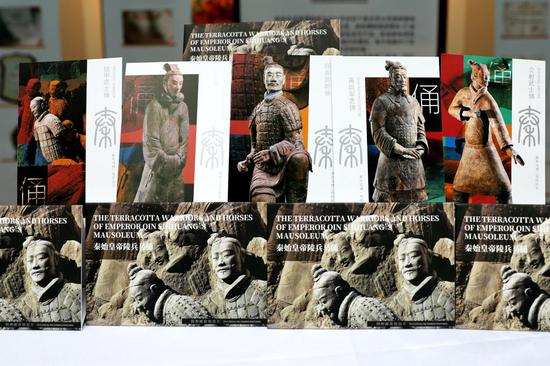


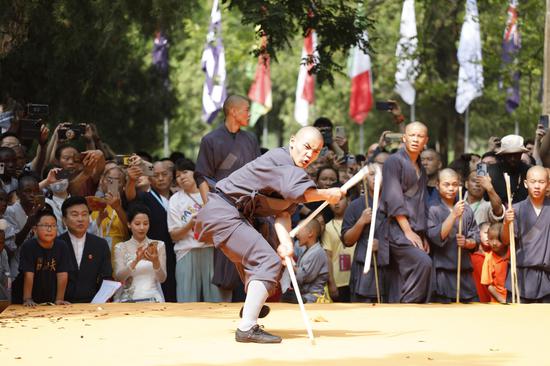









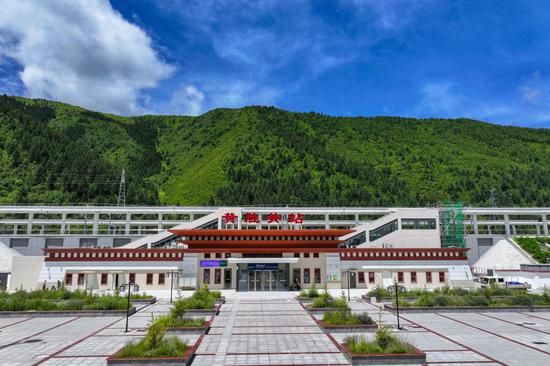
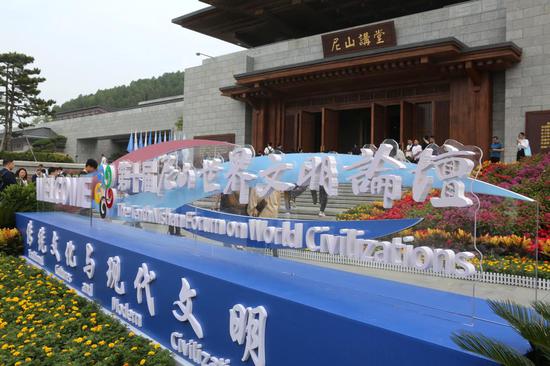



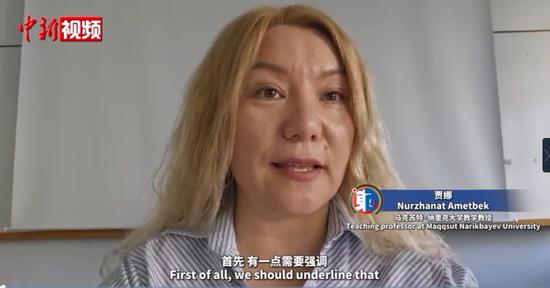

 京公网安备 11010202009201号
京公网安备 11010202009201号